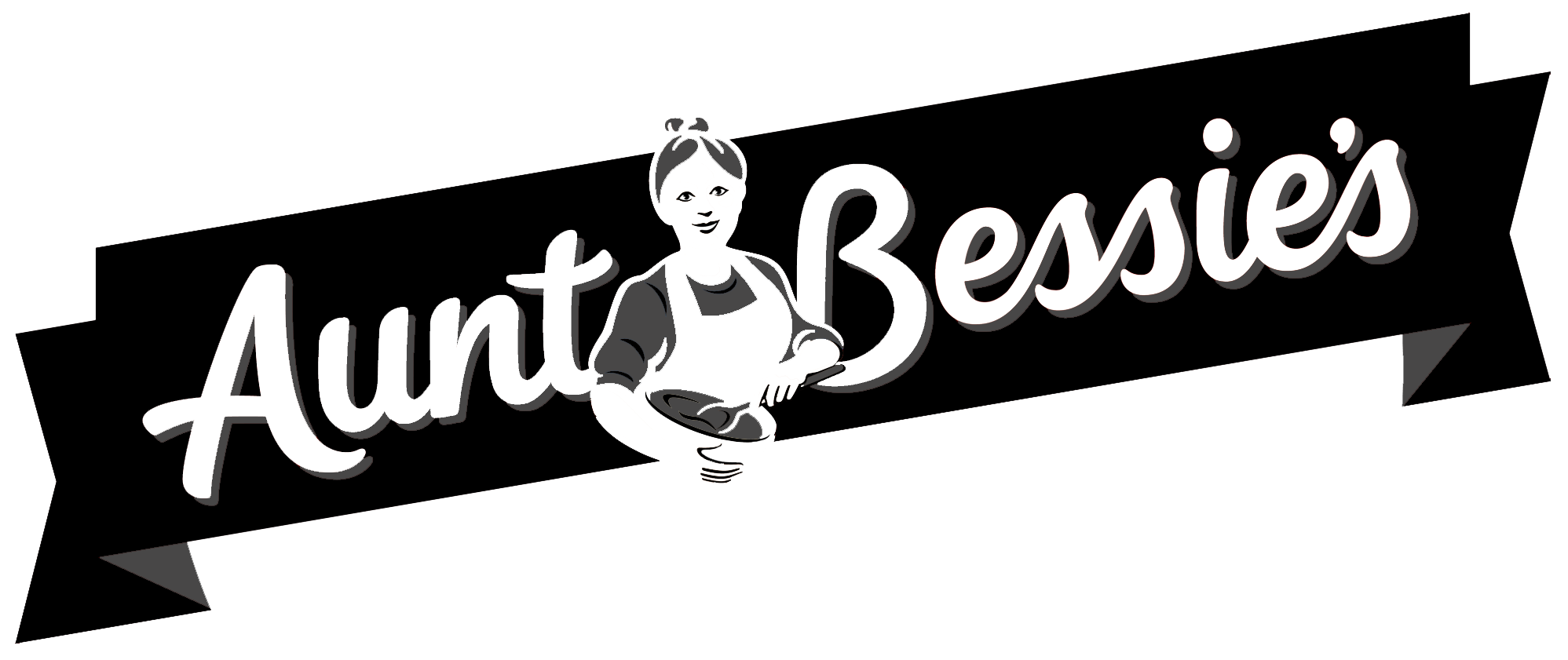13 July 2016 - Conflicting opinions on religious discrimination and dress codes
Advocate General (A-G) Sharpston has today given her opinion that a company policy requiring an employee to remove her Islamic headscarf when in contact with clients constitutes unlawful direct discrimination. She also gave her opinion that an entirely neutral dress code policy may also constitute indirect discrimination which will be justified only if it is proportionate to the pursuance of a legitimate aim, including the interests of an employer's business.
In the case of Bougnaoui v Micropole SA the employee, Asma Bougnaoui is a Muslim woman who was employed as design engineer by an IT consultancy. As part of her duties Ms Bougnaoui was required to meet with Micropole's clients on their premises. Following a complaint from one of those clients that her headscarf had "embarrassed" its employees and a request that "there should be no veil next time" she was asked to confirm that she would comply with that request on her next visit. She refused and was dismissed.
A-G Sharpston's opinion was that B was treated less favourably on the ground of her religion since a design engineer who had not chosen to manifest his or her religious belief would not have been dismissed. Such direct discrimination will only be lawful if one of the derogations provided for in the Directive applies - which she opines it does not.
Turning to the question of indirect discrimination A-G Sharpston is of the opinion that although a company policy involving an entirely neutral dress code may be justified if it pursues a legitimate aim and is proportionate, in this case she finds it difficult to see how the prohibition could be regarded as proportionate.
This opinion appears to contrast with the opinion given by A-G Kokott in May 2016 which was that a ban based on a general company rule which prohibits political, philosophical and religious symbols being worn visibly in the workplace may be justified if it enables the employer to pursue the legitimate policy of ensuring religious and ideological neutrality.
Please bear in mind that both these opinions are just that - opinions. The CJEU has yet to make a decision on either case and although it is unusual for them not to follow the opinion of the A-G, it can happen. Although it would be unhelpful in terms of clarifying the law, it may be that both opinions are followed because of the different facts of each case.





